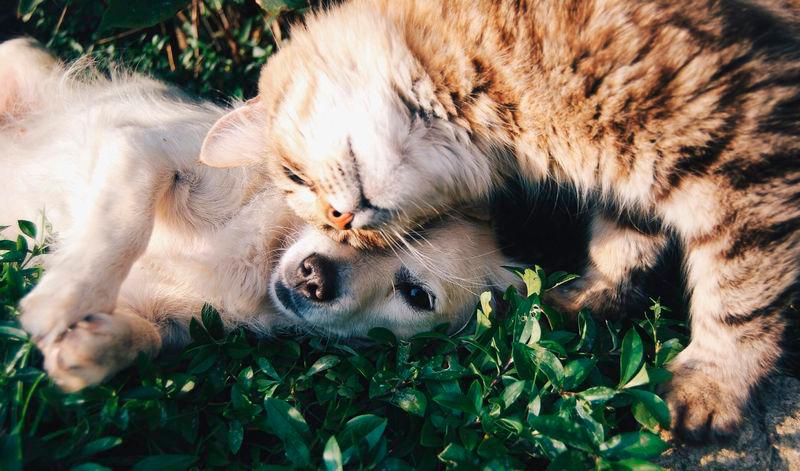PETALING JAYA: The discovery of mutilated stray cats at Universiti Malaya (UM) has sparked outrage and calls for justice, as the nature of their injuries point to possible human involvement rather than attacks by wild animals.
On Dec 20, Brickfields district police chief ACP Ku Mashariman Ku Mahmood said the Veterinary Services Department had informed UM security that the injuries were consistent with bites from wild animals.
However, Stray Free Foundation founder and president Ruby Rahman expressed scepticism, saying the clean cuts found on the cats contradicted this claim.
She said the authorities should avoid jumping to premature conclusions and instead conduct a meticulous and evidence-based investigation to uncover the truth.
“Claiming that wild animals caused their injuries raises serious concerns about transparency and smacks of attempts to downplay the incident. Why are the authorities unwilling to consider the possibility that a student or staff member could be responsible for these cruel acts against innocent animals?”
Ruby said if the mutilations were indeed caused by humans, it would represent a heinous act of cruelty that must be thoroughly investigated. She also emphasised the importance of collecting and preserving evidence to accurately determine the cause of their deaths.
“Premature conclusions can lead to inaccuracies and bias against wild or stray animals. The authorities must consider all potential suspects and avoid placing undue blame on strays.
“In Malaysia, existing laws offer stray animals some level of protection against abuse. Perpetrators should face punishment under the Animal Welfare Act 2015, which criminalises cruelty against animals. However, enforcement is often lacking and results in the perpetuation of such acts.”
In a press statement, UM said it had filed a police report following the incidents, stressing its commitment to a safe environment and to investigate potential cruelty.
“We have approved the establishment of the ‘Universiti Malaya Animal Guardians’ initiative, which is aimed at addressing stray animal issues on campus.
“Introduced in August, the initiative focuses on identifying stray animals, collaborating with the authorities to rescue them, providing shelter and care, and raising awareness among the campus community about animal welfare and cruelty prevention.”
Despite the university’s efforts, Ruby said stray animals in Malaysia still face numerous challenges that affect their well-being and complicate humane population management.
She said solutions like Trap-Neuter-Release (TNR) programmes are essential for humanely controlling stray populations.
“TNR is the only method proven to be humane and effective in controlling the growth of free-roaming cat populations.
“At our foundation, we work to reduce stray cats through TNR activities. Cats are humanely trapped, neutered, vaccinated, and returned to their colonies, while friendly and socialised cats are placed for adoption.”
Ruby also urged both authorities and the public to take concrete steps to address the broader issues of animal cruelty and stray management in Malaysia.
“The mutilation of innocent animals is heartbreaking and unacceptable. It demands immediate action from the authorities to ensure justice for the cats and send a strong message against animal cruelty in Malaysia.
“Setting up animal welfare units, training enforcement agencies, and updating local laws to protect strays are crucial. The authorities should also allocate more resources for TNR programmes, improve animal shelters, and work with NGOs and veterinary associations to conduct public education campaigns.”









